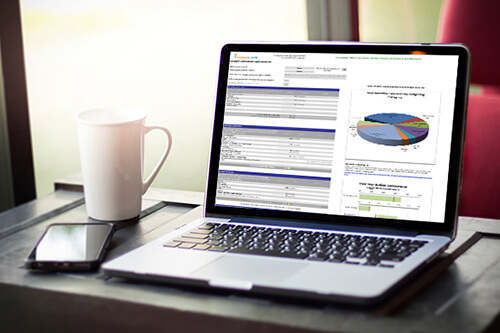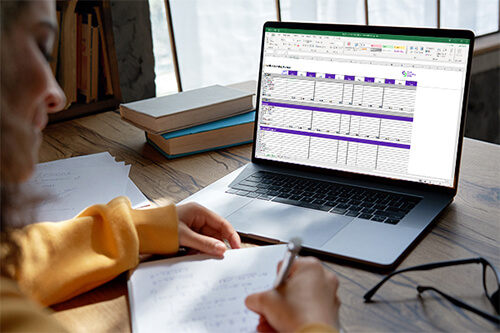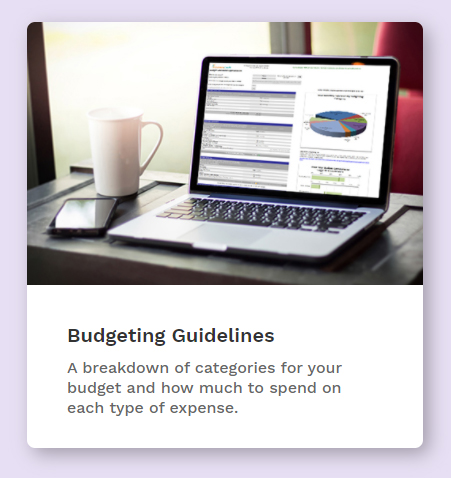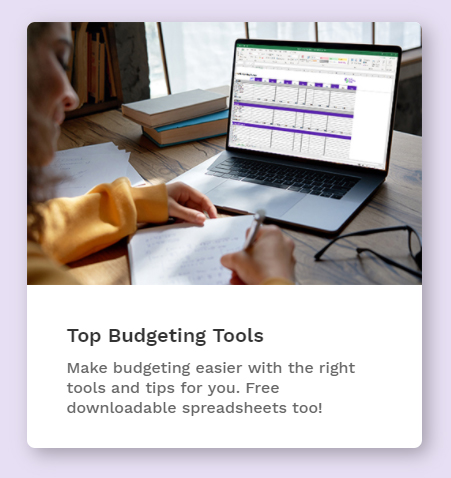How to Prepare for Unexpected Expenses With a Budget & Money Management Plan
By Julie Jaggernath
Winter came in with a vengeance this year. It didn’t just leave its destruction in many people’s yards and neighbourhoods, but it also wreacked havoc on their budgets and money management plans. To survive or recover from the huge dumps of snow, wind and ice storms, and record low temperatures, many people were forced to spend more on unexpected expenses than they usually do.
What Kinds of Unexpected Expenses Should You Plan For?
Unexpected expenses can be due to many reasons. Some of the storm-related costs came from additional heat and power usage, emergency home repairs and general winter clean up. Throughout the year, other unanticipated or lump sum expenses can include car repair bills, medical expenses, annual insurance premiums, gifts and special occasions, sports fees, activity enrollment costs; the list can seem virtually endless.
5 Steps to Make a Budget Plan for Unexpected Expenses
Sudden, unexpected or seasonal expenses, whatever you want to call them, if you don’t plan for them, the punch they pack on your budget can knock your finances off track.
Here’s how you can budget and create a money management plan for unanticipated costs:
- Start by identifying your unexpected expenses. Make a list of common seasonal expenses, like property taxes, car insurance, house/tenant insurance, Christmas gifts, birthday presents, car repairs, winterization, or vision and dental bills.
- Then look at your calendar for the past year, along with bank and credit card statements, to see what irregular expenses you paid for with credit, e.g. an annual equal billing adjustment for hydro or vacation get-away. If you have children, consider what you spent on their activities, school fees, sports commitments, music lessons, etc.
- Tally up the amounts, which are over and above your regular monthly expenses, and divide by the number of pay cheques you have each year. For example, if your irregular and periodic expenses total $2500 for the year, divide by 26, if you’re paid bi-weekly. You will want to set this amount, $96, aside in a separate account so that you have the money when you need it.
- It might be hard to revise your budget to set $100 aside each month to start with, so work up to that amount as you look for ways to decrease other expenses. Start by saving $25 each pay cheque. Once you don’t miss the $25, increase it $50, and so on.
- It’s easier if you make saving automatic with an organized money management system. Set up electronic transfers through online banking to accounts you don’t have routine access to. This will help make sure you don’t forget, as well as keep your money safe from yourself.
Think About the Purpose of Savings and What Saved Money Really Is For
Once you see your savings account balance grow, it can be very tempting to spend the money impulsively. Before you make an unplanned purchase, consider what your goals are for the money and if making the purchase will move you closer to or further away from your goals.

When later comes, what you spend the money on is determined by the priorities you set and the choices you make. So the trick is to save as much as you reasonably can, avoid bad debt and plan for your financial future.
Manage Unexpected Expenses with a Budget & Money Management Plan
If you would rather put salt on your margarita glass than on your sidewalk, get ahead of sudden or unexpected expenses so that you’re prepared for next time. By planning for expenses you don’t expect you can avoid playing catch up with your budget and money management plan.
Hoping for the best and planning for the rest is part of a solid personal finance plan!
Related Article:







0 Comments